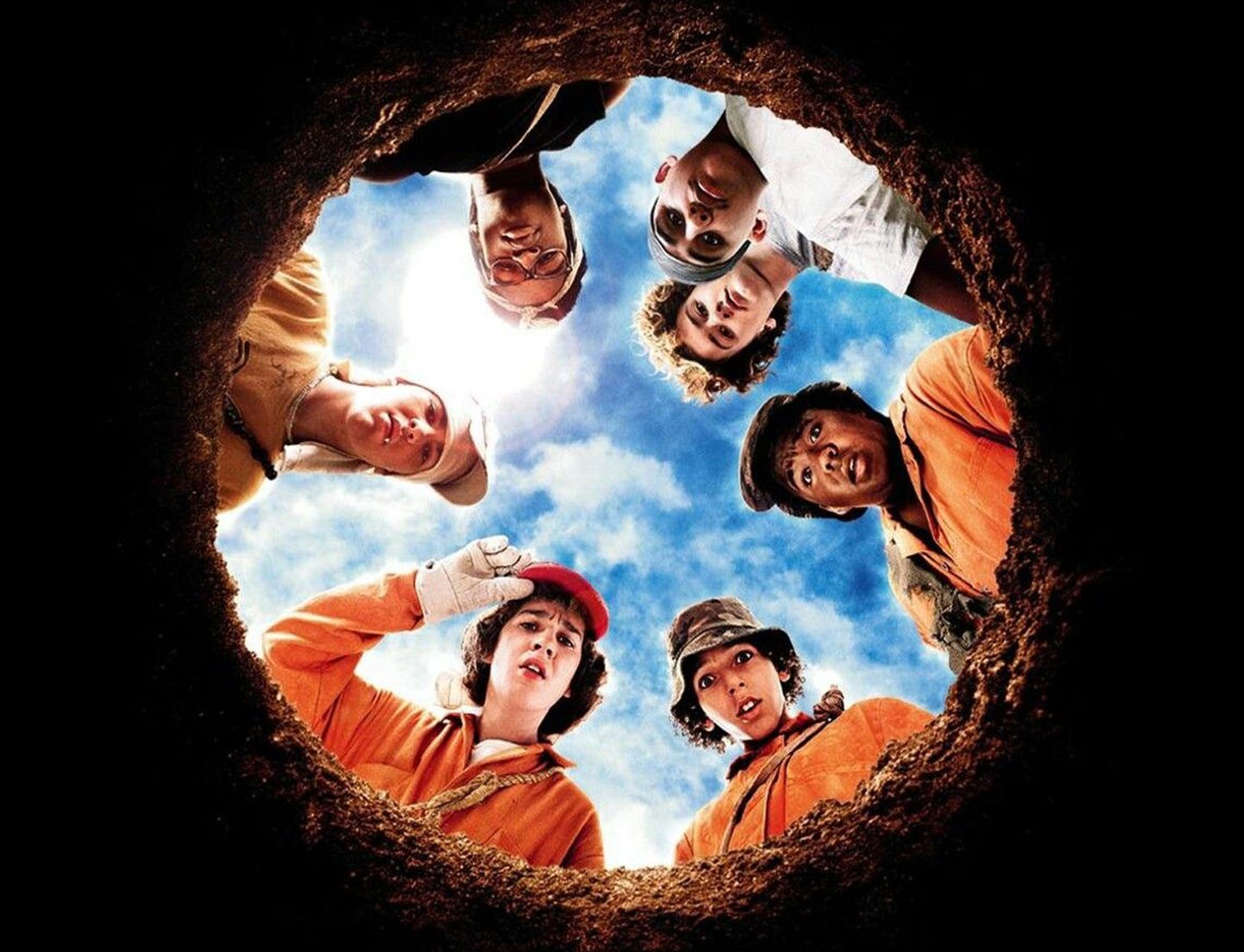From my perspective, most startup investors historically start from a finance/business or high status background. They are MBAs or people who learned VC through mentorship from others. But with the pressure to keep digging earlier in a companies life, finance is starting to have nothing to do with it. People who used to write ten million dollar checks start getting comfortable with writing $1M checks, $100k checks, or even $25k checks to stay competitive. This is what is necessary to get into the best deals as early as possible, or so they think. At some point, investing stopped being a financial game; it became something else entirely…one I don’t think professional financiers were ever prepared for. And little did they though that while digging downward, they would come across unassuming experts, far removed from Silicon Valley roots, competing for the same companies.
This new group of people don’t have a finance background. They don’t generally have money to start. And there is usually not any network overlap. Investors may wonder who are these people, and how they looking at the same deals? The two archetypes couldn’t be any different. Due to this, investors brush them off. Little do they realize that these are the very people that investors want to befriend. Similar to investors, these people are also digging. But instead of seeking to go earlier in a companies life, these people actually are trying to go in the opposite direction. They started at the earliest of early stage of company building, nearly mastered it, and they are working their way up to find & support later stage companies. They are digging up.
To further define these people, they are curious individuals who discovered venture capital and startups from the outside, did a deep dive, and never looked back. These people don’t have VC mentors to guide them or teach them the way. They don’t have peer pressure to do things a certain way. They actually don’t know any of that exists, so they do things how they feel they it should be done. When butting heads with the investors digging down, the values couldn’t be more different. Those digging down are in search of something financial. Those digging up are coming from a sense of curiosity.
My favorite example of digging up is Paul Graham and Jessica Livingston, two cofounders of Y Combinator. They didn’t understand why investors acted how they did back in 2004. Like how they preferred MBAs over hackers, or how they didn’t understand the ethos of a purebread founder. Paul and Jessica started YC as a way to support companies without doing it the standard way. Little did they know, this was actually the better way, and the whole industry nearly adopted most of YC’s views towards investing.
More modern examples of digging up include Jason Calacanis, with his podcast, This Week in Startups. Since he never stopped digging, he found more success than the average Silicon Valley investor digging down. And, there are hundreds of tech podcasts now, where there were only a handful when Jason got started. Most recently, I think of Steph from OpenVC. This guy just busted onto the scene on Twitter like 2 years ago as a nobody and he has been building software and tools to help pre-seed founders. Now he has more affinity to these founders than the people digging down, because it’s coming from a different place. And it’s working.
I’d also put myself in this category. Through my podcast, Forward Thinking Founders, I built a name for myself as a ASU Communications grad living in Arizona. Now, I am responsible for dozens notable companies getting funded and hundreds more being put on the map through my efforts at Seedscout.
If you are someone digging down, I’d encourage you spend the time learning from the people digging in the opposite direction from you, as they have seen where you want to go. They have the relationships that you wish you had. And they have the pattern recognition that can only be earned, not taught. And as for those digging up, there are things they could learn from those digging down…the power of networking, social capital, and the art of VC. Right now, these two archetypes don’t get along very well. But I hope that in time, we all can see what eachother brings to the table and work together. This is the only way to push the venture capital industry forward as a whole.
Thanks for reading that post! If you liked it, give it a heart and/or a comment.
Looking to expand your startup network? Consider signing up for Seedscout.
Looking to learn how to raise angel funding? Consider signing up for my new course.




"Digging up" is the tagline I want to have as an investor. It resonates with founders and implies more alignment than a pure financial approach. As an investment thesis, perhaps it encourages discipline for investing in what you know. Or at least what you can pattern match.
However, as the deals get bigger, does the financially oriented investor become more relevant and useful for the founders?
Interesting, but you should check out latest episode from All in Podcast (where Jason Calicanis hosts also) where Chamath points out that if you look at the data of investors that have returned more than a Billion back to the LPs have not been operators but ruthless finance guys that have focus more on the financials, so was Doug Leone.
I'm not saying that there isn't a trend of people outside of finance making it big, but then again, the data is skewed considering the near zero rates that most of the VCs have been performing in.